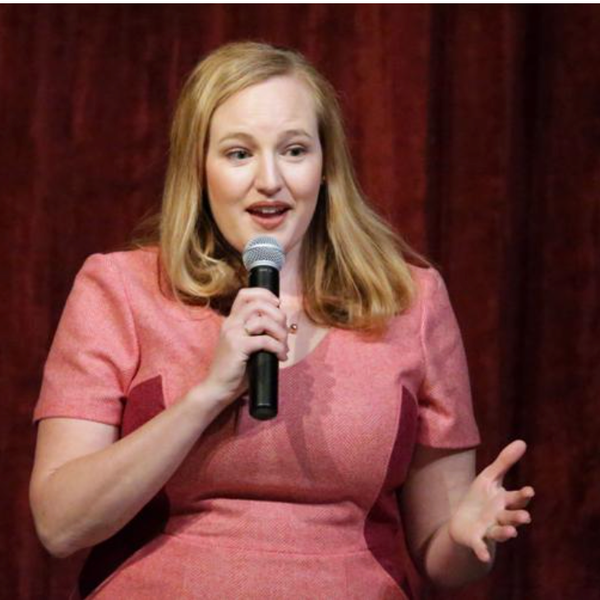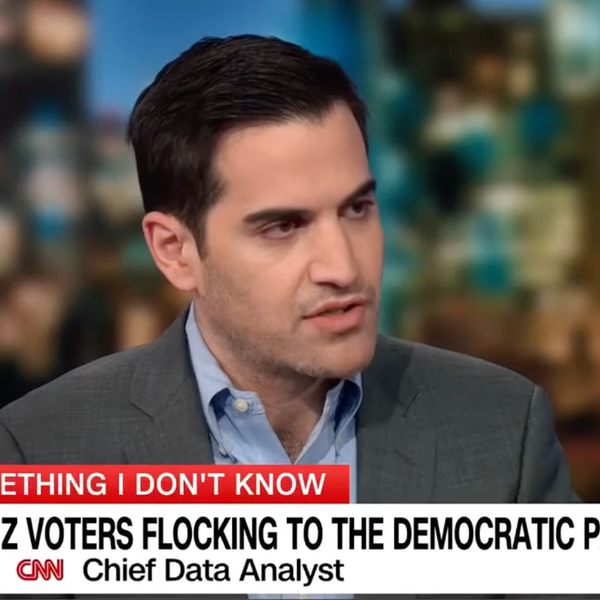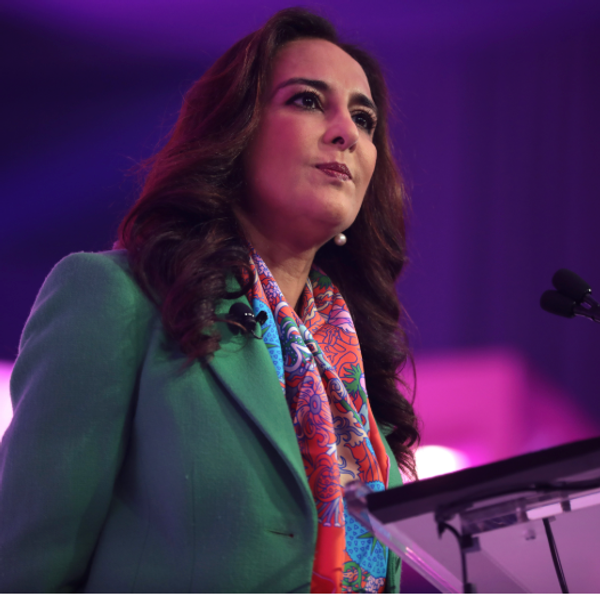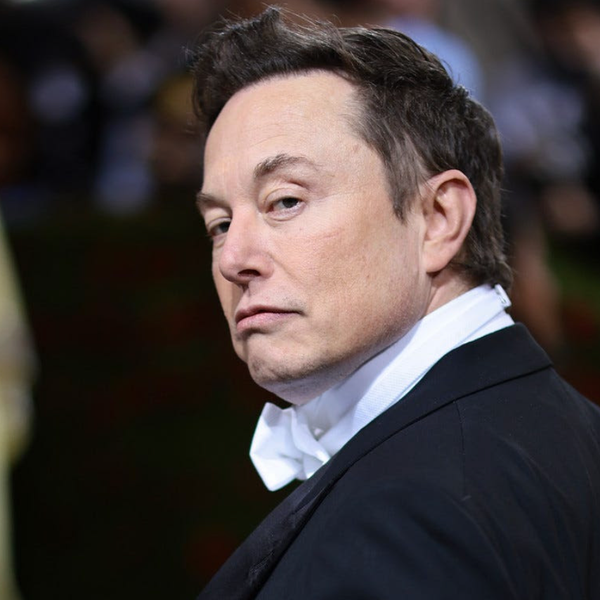Do A State’s Politics Influence Its Greenhouse Gas Emissions? Yes, Study Says

By Eryn Brown, Los Angeles Times (TNS)
Over the years, it’s been a tough road for environmentalists pushing for greenhouse gas emission curbs at the federal level — but advocates shouldn’t give up hope, say researchers at Michigan State University.
The team, co-authors of a study published Monday in the journal Proceedings of the National Academy of Sciences, have found that efforts are getting results in individual U.S. states, where environmental politics have significantly impacted greenhouse gas emissions between 1990 and the present.
“The movement is having an effect — it’s just happening on a state-by-state basis,” said sociologist and co-author Kenneth Frank.
For years, sociologist Thomas Dietz, the lead author of the study, had been examining the factors that influence carbon emissions around the world. Two drivers — a country’s population and its affluence — are most important in determining greenhouse gas emissions (generally, carbon output rises along with both).
The current study was an effort to extend the previous work by measuring the impact of another factor — politics — and to gauge differences between and within U.S. states, since a lot of environmental policy is determined at the state level, Frank said.
The team didn’t catalog specific policies and their results, which would vary widely in their details from state to state and from case to case. Rather, they analyzed a range of standardized state-level data compiled since 1990, including carbon emissions, as reported by the Environmental Protection Agency; population and gross state product; and “environmentalism,” as measured by congressional voting data compiled by the League of Conservation Voters.
While members of the U.S. Congress are not directly involved in writing state environmental policy, Frank said, the researchers reasoned that voting records would reflect the orientation of their states.
The researchers looked at the statistics in two different ways. First, to get a broad snapshot view, they performed an analysis across all of the states using 1990 data. By and large, they found that states with higher environmentalism ratings had lower emissions, after controlling for population and other factors.
They also analyzed every individual state’s environmentalism and emissions over time. Again, the researchers found evidence that politics had made a difference. Generally, emissions rise as a function of population and a state’s economic strength — but greater environmentalism counteracted that growth. Even a 1 percent increase was sufficient to “neutralize” the typical annual increase in emissions, the team wrote.
States with higher environmentalism in 1990 tended to increase emissions at a slower rate, Frank said.
Rachael Shwom, an environmental sociologist at Rutgers University who was not involved in the study, said the Michigan State team’s study was the first to quantify the impact and strength of the environmental movement in this manner.
“Lots of people who study culture and politics think they are important (drivers of emissions levels), but it hasn’t been demonstrated with data in the past,” she said. “That they found the strength of the environmental movement mattered … is a really important finding.”
(c)2015 Los Angeles Times. Distributed by Tribune Content Agency, LLC.
Photo: Kim Seng via Flickr








